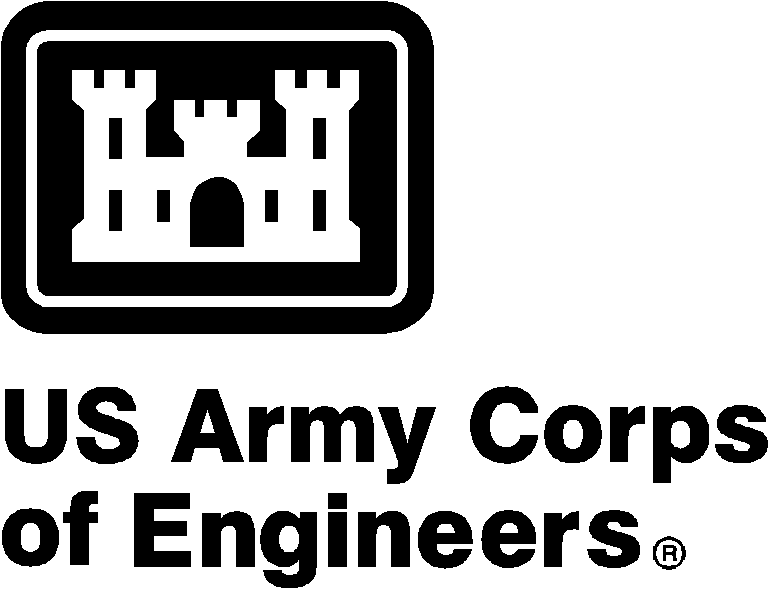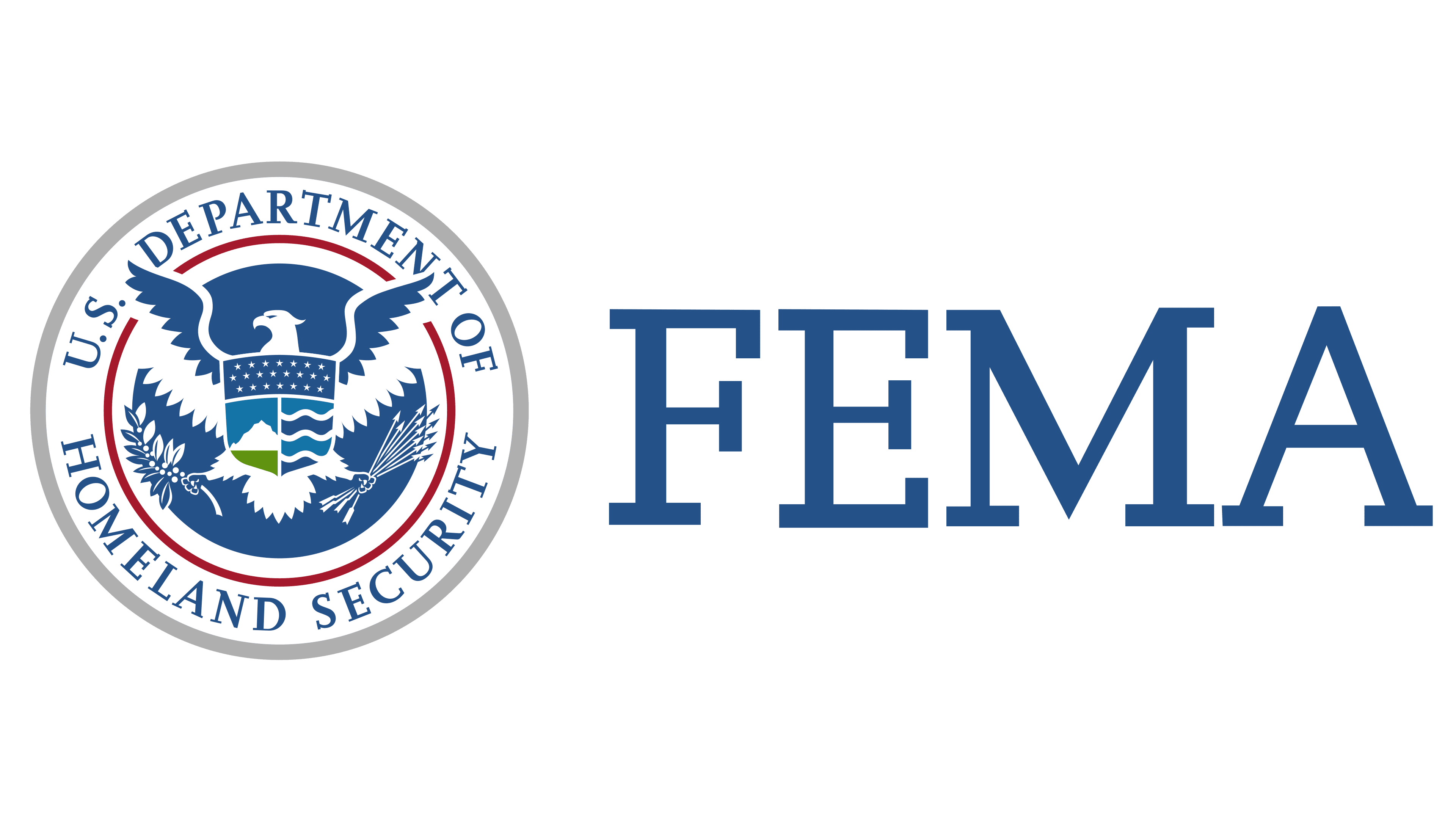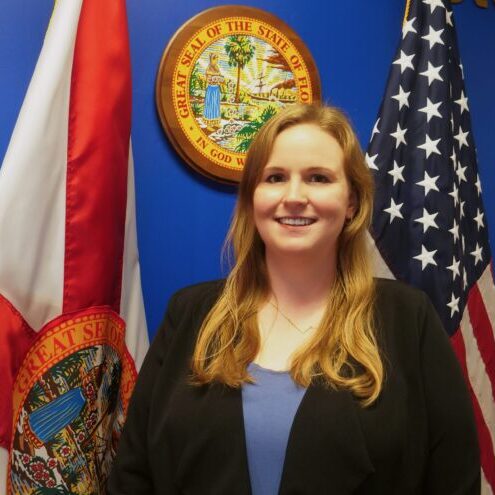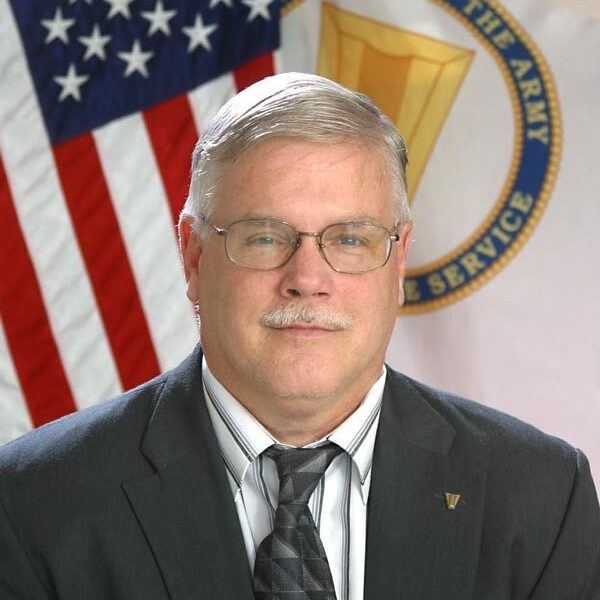Recognizing a Decade of Partnership with FEMA
For over 10 years, the National Hazard Mitigation Association (NHMA) has proudly partnered with FEMA to advance hazard mitigation efforts nationwide through the Cooperating Technical Partners (CTP) Program. This collaboration has been instrumental in providing technical assistance, tools, and resources to help communities better understand and manage their flood risks. Together, we have elevated the importance of floodplain management, risk reduction strategies, and informed decision-making at the local and state levels.
FEMA’s 2025 Hazard Mitigation Partners Workshop is seeking abstracts from leaders, practitioners, and innovators in hazard mitigation. This is your chance to share insights on equity, risk communication, flood reduction, resilience, and disaster recovery using the link below.
Our Research to Practice

Collaboration with the University Of Oklahoma Southern Climate Impacts Planning Project (SCIPP)
NHMA is collaborating with the Southern Climate Impacts Planning Program (SCIPP), a NOAA Climate Adaptation Partnerships team located at the University of Oklahoma in the National Weather Center. SCIPP is researching to identify and develop potential solutions to the policies, capability and expertise limitations, and other constraints that inhibit an effective hazard mitigation planning process at the community level – especially for communities with limited resources.
SCIPP is a research program supported by NOAA, that focuses on the climate hazards that affect the south-central region which includes Oklahoma, Texas, Arkansas, and Louisiana. Spearheading this study is Rachel Riley, SCIPP Director. NHMAs role is to contribute expertise and experience with hazard mitigation and disaster risk reduction and assist in developing potential solutions.

NHMA Support to USACE Dams Sector Watershed Regional Risk and Resilience Program (DSR3P) Project
Phase I of the DSR3P Project has been completed and included an initial pilot project focused on the Savannah River Watershed that resulted in draft assessment and decision tools, metrics, Regional Watershed R3 Strategy, and Community Focused Flood Risk Management White Paper among other products that will now be completed and put into play with a broader set of stakeholders in Phase II, to include additional watershed system pilot projects.
For Phase II, NHMA will provide continuing project management, applied research, and subject matter expertise required to sustain the external review and applied research support tasks of the Cross-Sector Regional Risk & Resilience (R3) Task Group and the Steering Committee.
A key element of Phase II will be the collaborative development of a Watershed Regional Risk & Resilience Playbook that aligns with the Watershed R3 Strategy and provides users with guides and links to tools for adaptation and application to their specific watershed resilience objectives. “The Playbook will provide a process with selected tools, resources, and best practices that public and private sector organizations can use to collectively assess and reduce all-hazards risks to improve the resilience of their watershed regions”.
Attached is the current draft of the Regional Watershed Risk & Resilience Strategy document developed during Phase I to provide initial insight into the work to date. This document will be updated as soon as Phase II commences. Additional project documents will be posted to this site when available for external review.
Nationwide Watershed Regional Risk and Resilience Goal and Strategy
Our Education
Making Mitigation Work” (MMW) Webinar Series
NHMA is collaborating with the Natural Hazards Center (NHC) at the University of Colorado to present a special webinar series that will focus on providing place-based hazard mitigation to underserved communities.
There have been two webinars in this series to date:
Networking Resilience: Connecting Underserved Communities to Mitigation Resources” on November 14th, 2023, and “Strengthening Hazard Mitigation in Under-Resourced Communities” on April 9th, 2024.
You can access the entire NHC MMW Webinar series including recordings of the above two events at here.
The next event in the NHMA series will be presented on Tuesday, August 13th.

Our Training

Development and Delivery of Hazard Mitigation Practitioner Training
NHMA is continuing to develop a comprehensive hazard mitigation practitioner training program in support of both practitioners and stakeholders. A key component of NHMA’s grant activities under the RISKMAP CTP Program includes the development of a Disaster Risk Reduction (DRR) curriculum. The purpose of the curriculum is to inform and enable practitioners and community leaders in efforts to identify and mitigate hazards, identify and empower organized groups and programs in disaster risk understanding and reduction, and inform populations at risk and local governments about the available resources and tools that support mitigation of hazards and more effective recovery from disasters
The goal is to develop a program that will continuously improve the practice of Hazard Mitigation based on a set of defined core competencies and project experience. We are currently updating and improving the current 24 modules in the Disaster Risk Reduction Curriculum developed by NHMA, with an initial focus on modules that align with existing FEMA hazard mitigation training modules and identified training priorities. We are partnering with FEMA headquarters and regional offices as well as other collaborating agencies, organizations and universities in developing target audiences and methods/opportunities for course delivery.























